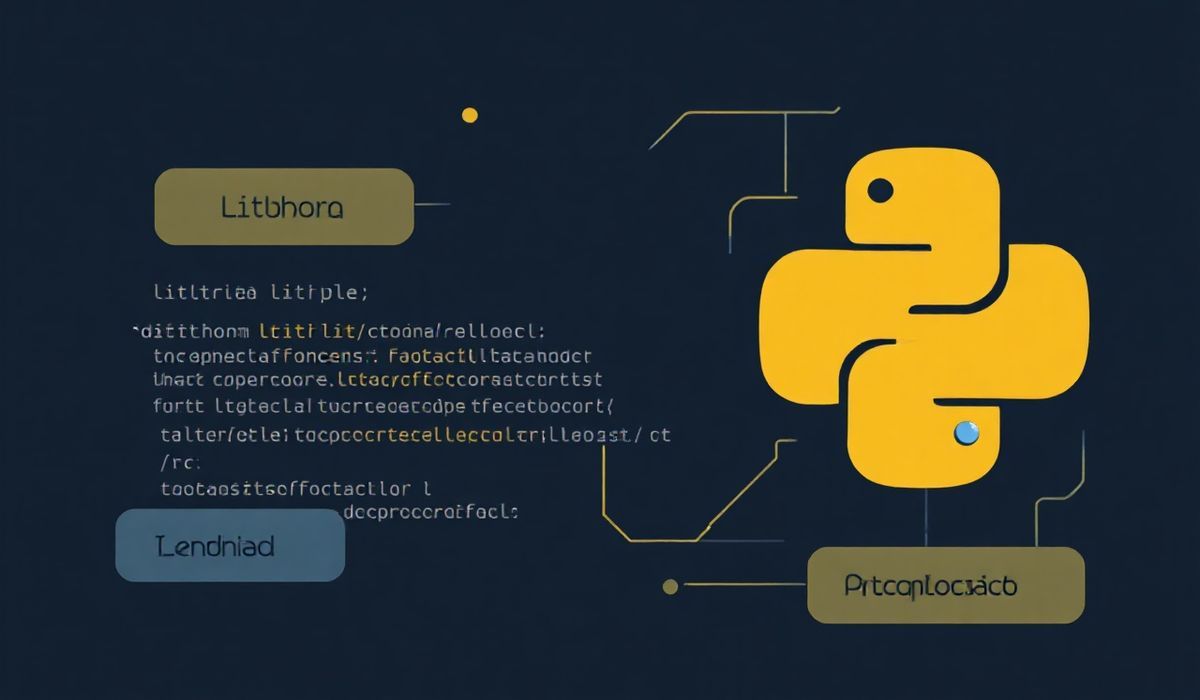Understanding Typing Extensions in Python
The typing-extensions module is a powerful library designed to backport new features introduced in the Python typing module. It allows developers to use the latest type hints and utilities regardless of the Python version they’re using. This article explores the most useful APIs from typing-extensions, complete with examples to help you get started. These tools can make your code more robust, readable, and maintainable, especially in large and complex projects.
Key APIs in Typing Extensions with Examples
1. Literal
The Literal type allows you to define strict values that a variable or parameter can accept.
from typing_extensions import Literal
def greet_person(greet_type: Literal["formal", "casual"]) -> str:
if greet_type == "formal":
return "Hello, how do you do?"
elif greet_type == "casual":
return "Hi, what's up?"
print(greet_person("formal")) # "Hello, how do you do?"
2. TypedDict
TypedDict allows you to create dictionaries with strict key-value types.
from typing_extensions import TypedDict
class Book(TypedDict):
title: str
author: str
pages: int
my_book: Book = {
"title": "The Great Gatsby",
"author": "F. Scott Fitzgerald",
"pages": 218,
}
3. Annotated
Use Annotated to attach metadata to types, making them more informative for tooling and frameworks.
from typing_extensions import Annotated
def process_data(data: Annotated[int, "Must be a positive integer"]) -> int:
# Metadata is purely for descriptive tooling, not enforced
return data * 2
print(process_data(5)) # 10
4. Final
Final is used to declare variables or classes as non-overridable.
from typing_extensions import Final MAX_CONNECTIONS: Final = 100 print(MAX_CONNECTIONS) # 100
5. Protocol
The Protocol type describes structural subtyping, useful for interface-like definitions.
from typing_extensions import Protocol
class Writable(Protocol):
def write(self, content: str) -> None:
pass
class FileWriter:
def write(self, content: str) -> None:
print(f"Writing to file: {content}")
def save_data(writer: Writable, data: str) -> None:
writer.write(data)
save_data(FileWriter(), "Hello, World!")
6. Self
The Self type allows you to annotate return types for methods in class definitions.
from typing_extensions import Self
class ShoppingCart:
def add_item(self, item: str) -> Self:
print(f"Adding {item} to cart")
return self
cart = ShoppingCart().add_item("Apples").add_item("Oranges")
A Practical App Example Using Typing Extensions
Let’s build a simple library management application that utilizes multiple APIs from typing-extensions.
from typing_extensions import TypedDict, Protocol, Literal
class Book(TypedDict):
title: str
author: str
available: bool
class Inventory(Protocol):
def add_book(self, book: Book) -> None:
pass
def find_book(self, title: str) -> Literal["Found", "Not Found"]:
pass
class LibraryInventory:
def __init__(self) -> None:
self.books = []
def add_book(self, book: Book) -> None:
self.books.append(book)
print(f"Added book: {book['title']}")
def find_book(self, title: str) -> Literal["Found", "Not Found"]:
for book in self.books:
if book["title"] == title:
return "Found"
return "Not Found"
# App usage
library = LibraryInventory()
library.add_book({"title": "1984", "author": "George Orwell", "available": True})
result = library.find_book("1984")
print(result)
Why Use Typing Extensions?
typing-extensions allows Python developers to adopt modern typing features without waiting for the next Python release. This makes it an invaluable tool for type-safety, better debugging, and enhanced code quality in Python projects.
Conclusion
With tools like Literal, TypedDict, Protocol, and others, typing-extensions opens a world of possibilities for Python typing customization. Exploring these features will help you write cleaner, more maintainable code. Start including typing-extensions in your next project and notice the difference!




